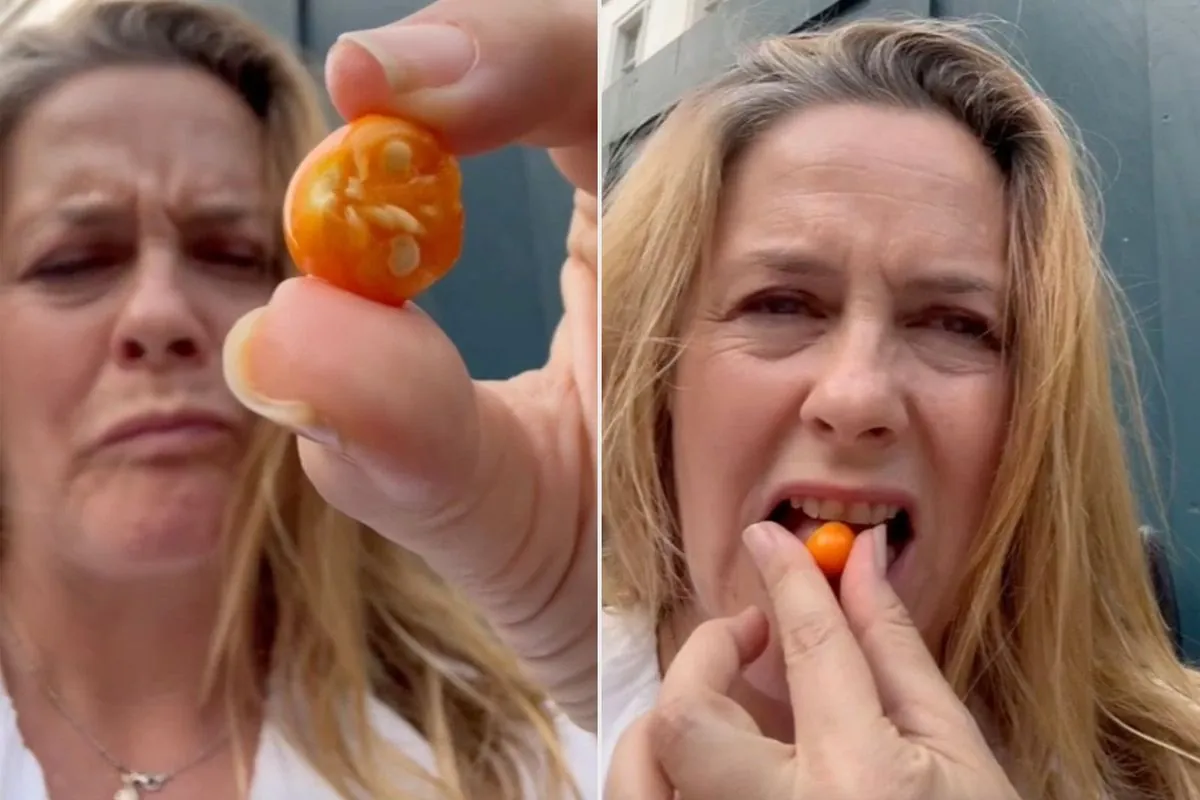Alicia Silverstone's recent TikTok video has sparked concern among her followers. The actor, known for her role in "Clueless," inadvertently consumed a potentially harmful berry during a visit to England. Initially mistaking it for a tomato, Silverstone realized her error after noting an unusual peppery flavor.
The fruit in question is believed to be a Jerusalem cherry (Solanum pseudocapsicum), a member of the Solanaceae family. This family, also known as nightshades, includes common edible plants such as tomatoes, eggplants, and potatoes. However, not all members of this family are safe for consumption.
Jerusalem cherries, often sold as ornamental houseplants, pose significant risks to humans and animals if ingested. The American Society for the Prevention of Cruelty to Animals warns that all parts of the plant are toxic, with unripe berries being particularly dangerous. Symptoms of poisoning can include delirium, abdominal pain, and in severe cases, paralysis.
The incident serves as a reminder of the importance of proper plant identification. Many toxic plants bear a striking resemblance to edible varieties, creating potential hazards for the unwary. For instance, the deadly nightshade (Atropa belladonna), infamous for its use as a murder weapon in medieval times, produces berries that could be mistaken for blueberries.
Other dangerous lookalikes include the Carolina horsenettle, aptly nicknamed "devil's potato," and death camas, which resembles edible wild onions and garlic. Even seemingly harmless plants like wild parsnip can cause severe reactions, such as photodermatitis, a blistering sun sensitivity that may persist for up to a year.
"If you aren't 100% sure that something is food, please don't put it into your mouth."
It's crucial to exercise caution when encountering unfamiliar plants in the wild or in gardens. Proper education and consultation with experts can help prevent accidental poisonings. In case of suspected plant ingestion, immediate contact with a poison control center is advised.
Alicia Silverstone's experience serves as a valuable lesson in plant safety. While she fortunately did not swallow the berries, the incident highlights the potential dangers lurking in seemingly innocuous vegetation. As we approach the spring season, when many plants begin to sprout, it's essential to remain vigilant and prioritize safety when interacting with nature.
